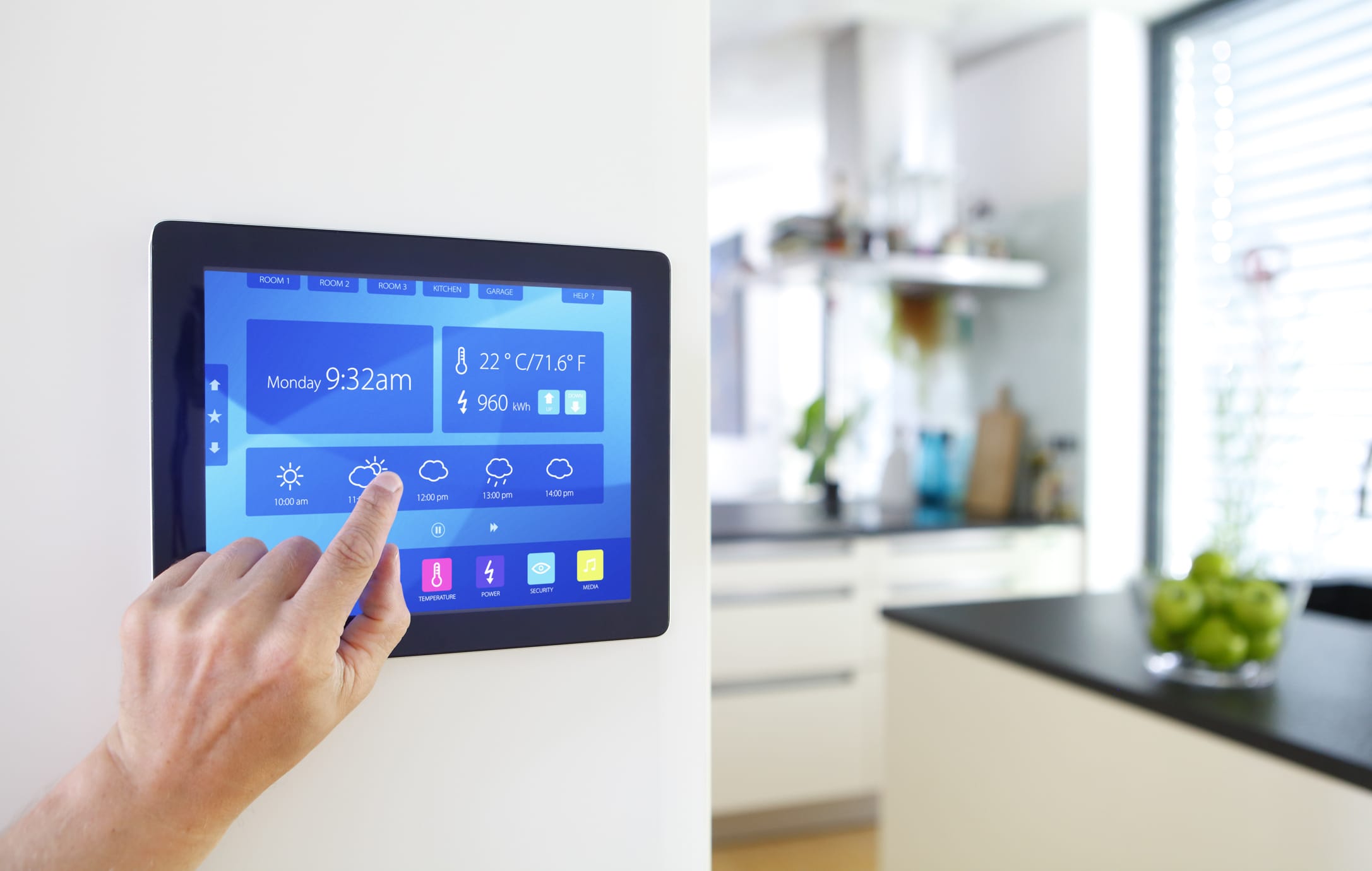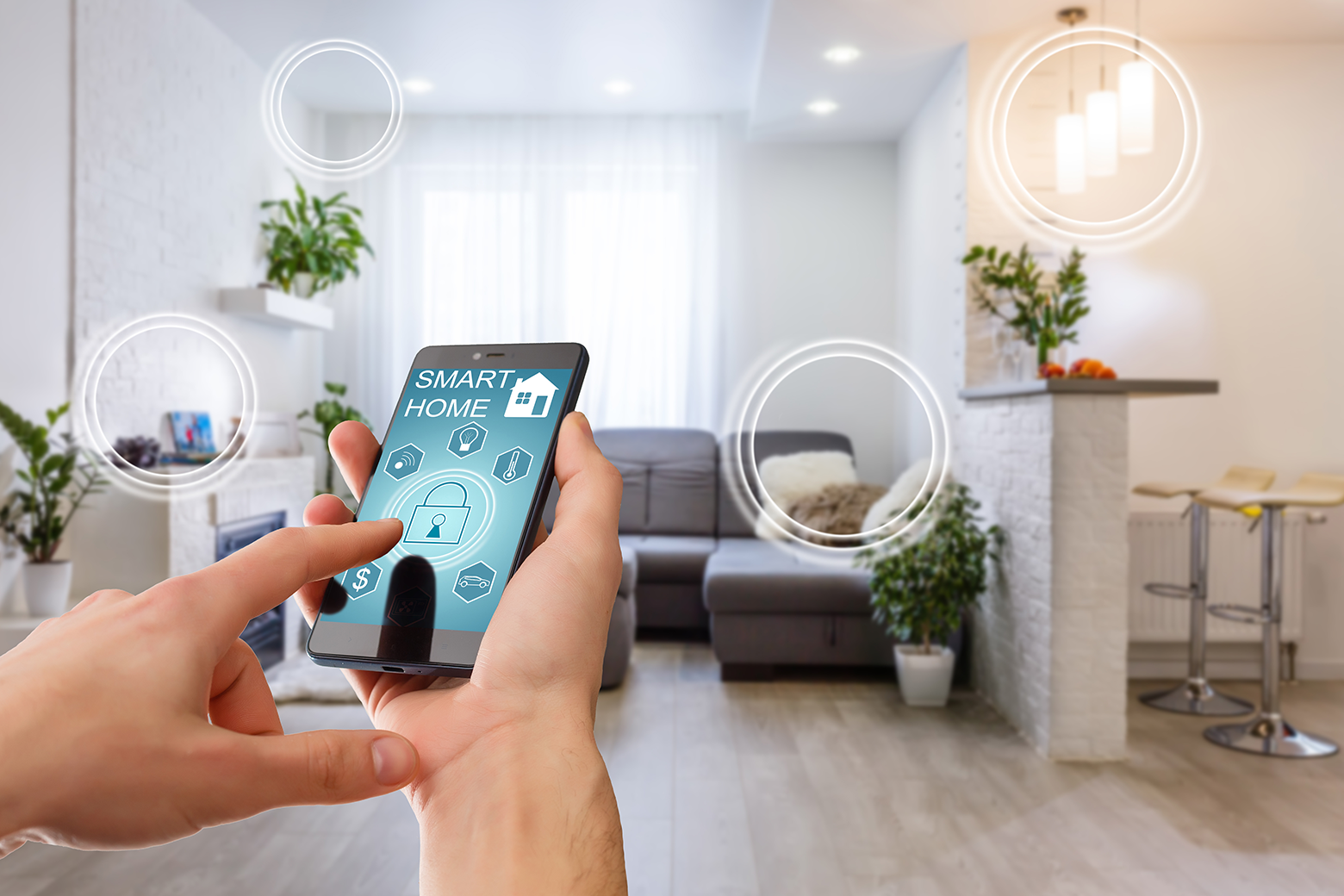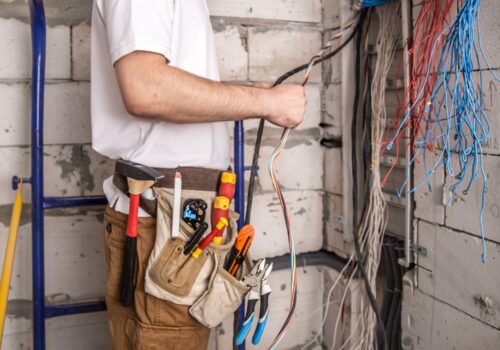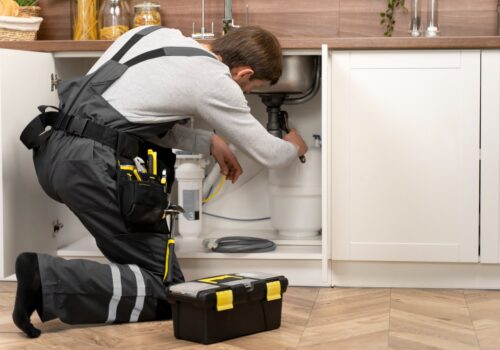How to Make a Smart Home Work for You
A smart home is a place that makes use of technological advancements in order to automate processes. Individual systems in a conventional building are regulated independently of one another, and their parameters do not interact with one another. When a building’s control system is one integrated system and choices are made on the basis of data, it may be referred to as intelligent.
In reality, no building is smart; rather, it is the manner in which the systems are regulated and managed. Consider how convenient it would be to live in a home if every electrical and electronic equipment could be controlled by a single button press, a mobile phone call, or even a web-based application.
Think about how it would feel if, in the morning, as the clock strikes 8:00, your blinds rise, you are woken by your favorite music, your coffee is ready in the kitchen, and an intelligent remote provides you with the morning news.

Living in a Smart House
Living in a smart home means that you and your family may share a love for sophisticated, contemporary design and the most up-to-date technology.
Safeguarding your family’s safety and complete comfort while also increasing flexibility and harmony while lowering maintenance costs and the energy consumption is the goal of a home automation NZ. A basic automation kit for a one-bedroom apartment comprises single dosages, a universal remote, and a computer interface. The remaining modules in the set, as well as the audio-video equipment, may all be controlled through the remote control. With a single keyboard, a series of instructions may be performed in succession.
Lighting may be dimmed to a preset level, after which the TV can be switched on, and the audio/video system can be turned on, and a movie player can be started. For example, the outlets have the capability of controlling both appliances and the audio/video system. As a result, a coffee filter or a washing machine in your home automation NZ may be ordered. Natural ventilation is accomplished by opening windows or utilizing an automated air conditioning system, which adjusts its position automatically depending on the light outside and the weather conditions.
According to experts, a smart home must provide social benefits such as safety, security, and flexible design space, as well as environmental benefits such as reduced water and energy usage, as well as economic benefits. For more information visit our Website





